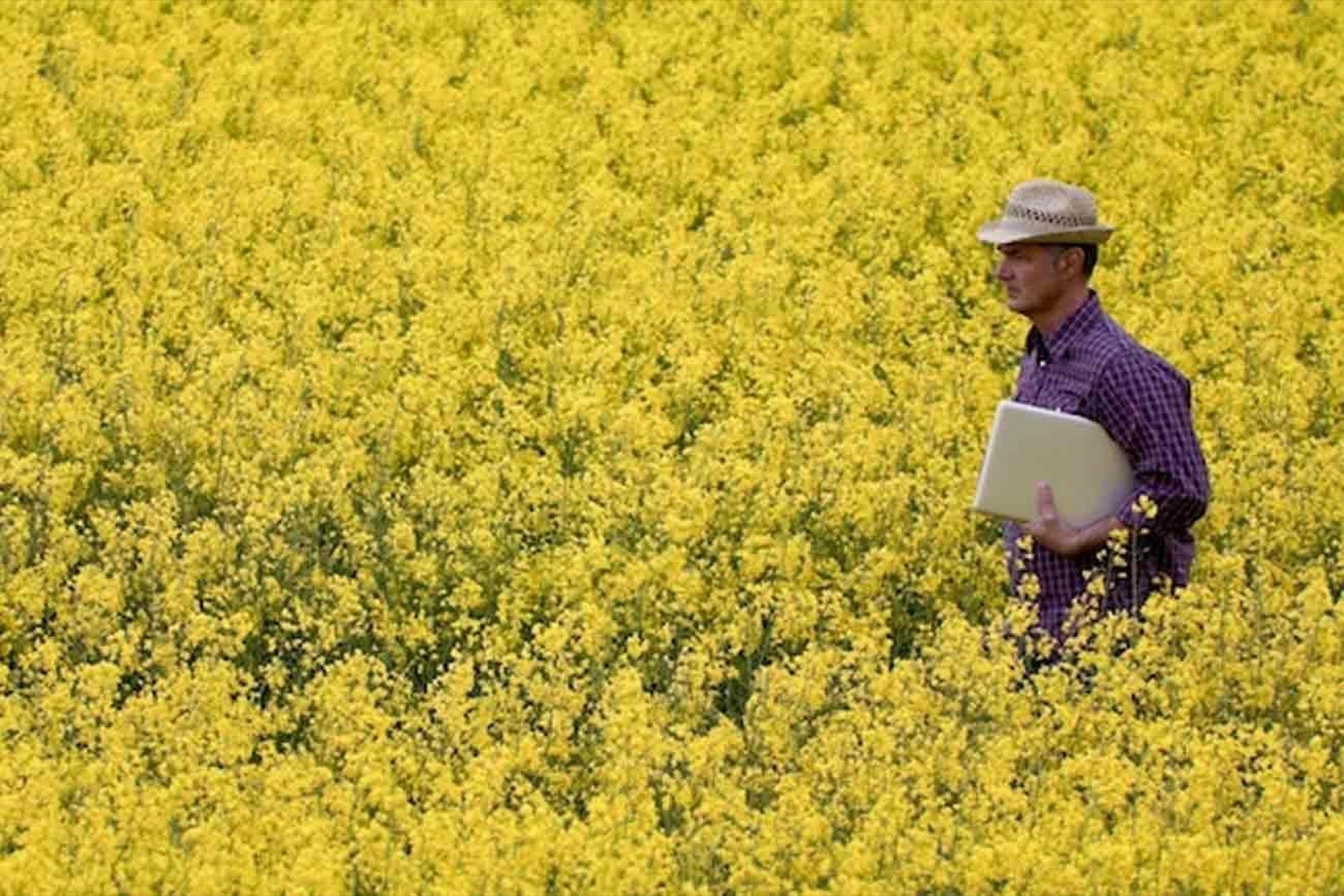How Agritech Startups Can Help Farmers Grappling With Drought With soaring temperatures and prolonged summers, droughts are only expected to get worse over the next few years in the country.
You're reading Entrepreneur India, an international franchise of Entrepreneur Media.

States in India are grappling with one of the worst water crisis ever. Dams have dried up and water levels have declined to an alarming level. The train carrying gallons of water to drought-hit Latur in Maharashtra only goes to show the gravity of the situation. Agricultural lands have been slapped with severe drought and farmers of several states are forced to take cruel measures to compensate for their losses.
With soaring temperatures and prolonged summers, droughts are only expected to get worse over the next few years in the country.
How can Indian startups take advantage of this opportunity to help solve a problem that desperately requires attention. Niti Aayog CEO Amitabh Kant recently said in an interview that Indian entrepreneurs should find solutions to problems of a billion people in India and this is definitely one such situation where technology and smart management could play an integral part.
So how can startups participate in solving this problem?
Vishwanath S, Advisor at Biome Environmental Trust feels that there are many areas where startups can help farmers in drought prone regions. Agro-metrology and prediction of rainfall and soil moisture, what crops to plant, what pests to look out, assisting in farmer producer company formation, water harvesting and conservation measures, groundwater pooling and sharing are few territories that can be explored by agritech startups, Vishwanath added.
"I think startups are just beginning to understand the gamut of the challenge and beginning to address it," he said. When asked about how more startups can be brought to the forefront in this domain Vishwanath said a platform which lists out the challenges and draws young entrepreneurs and incubates them with business models and thinking would be needed with specific focus on the issue of drought and its impact.
There is a realization that research into water treatment, sourcing and reuse will have long term impacts on the business sustainability, therefore meaning that any innovation that can possibly increase the availability of this resource is worth looking into, Anup Sahoo, founder of open-innovation collaboration platform Ideapoke said.
Funding and emergence of startups in this space
The agriculture sector gets a lot of subsidies from the government like free food, water, etc. Hence the need to explore that domain never came into focus. However, Anil Joshi, Managing Partner of Unicorn India Ventures said that in last couple of years everyone have realised the importance of technology mainly due to crop getting spoiled because of un-seasonal rains or excess crop leading to low realisation and last 2 years have led everyone to think on water conservation due to drought. "Hence we didn't see many startups exploring the agriculture space, also lack of funding didn't allow entrepreneurs to explore this space," Joshi, whose firm invests in early stage ventures, said. But with growing problems and need for solution is opening up market opportunity, hence there is need for more focus to help this segment.
"We see a few verticalized investors who are focused on agriculture especially Omnivore Partners and others like Unitus Seed Fund who have agriculture based companies in its portfolio, " Ideapoke's Anup said.
"Although there is a shortage of funds in this sector due to lack of awareness. Investors are not very acquainted with the agriculture business which makes it risky for them. Add to it the nature of government policies and intervention which makes it riskier," Anup added.
"Agritech is one of the harder sectors to get funded in. The problem seems to be both from the supply and demand side of financing. Investors need to be more open to looking at the sector and Entrepreneurs need to build plans that can be faster to scale up and have decent margins," Deepam Mishra,CEO of Venture Factory by i2india said.
Agritech startups solving "real problems"
Despite various challenges, some companies are trying to cater into issues Suminter, back2basics farm, SkyMetWeather, Rainstock and couple of other startups are trying to do their bit in catering to this difficult space.
Back2basics founder S. Madhusudhan, an IIM-B alumnus, practices organic farming and have managed to have farms spread across close to a hundred acres around Bangalore. Madhusudhan said he has created a moat around his bore well to increase the water table. He believes that farmers need to start to think in terms of what they could return to the land in terms of yield and nutrients instead of just extracting produce from it.
Industry experts also believe that startups can really play an important role in educating the farming community with newer technologies which they aren't aware of.
Couple of other noteworthy agritech startups as per industry experts include –
Their irrigation technology regulates the water flow needed for irrigation by measuring and detecting the soil temperature and related moisture level. Based on characteristics such as size of the field, the farmer has the power to now use only the required amount of water for irrigation
It focuses on crop productivity where they have developed novel plant growth stimulants for Paddy, Wheat, Sugarcane, Cotton, Tea etc. They recently collaborated with Mahindra's Agri business to take these products to the market.
Airwood Aerostructures Pvt. Ltd
Chennai-based startup uses comprehensive data instruments, predictive analytics and process improvements to help farmers improve yields.
Rainstock
The company focuses on rain water harvesting (RWH) and waste water recycling (WWR) using natural approach.
Kheyti
Set in one of the worst hit states of Andhra Pradesh aims to make a small farmer, a smarter farmer. The company offers greenhouse in a box, a 4000 square feet greenhouse integrated with services that increase farm yields by seven times and ensures constantly weekly income.










